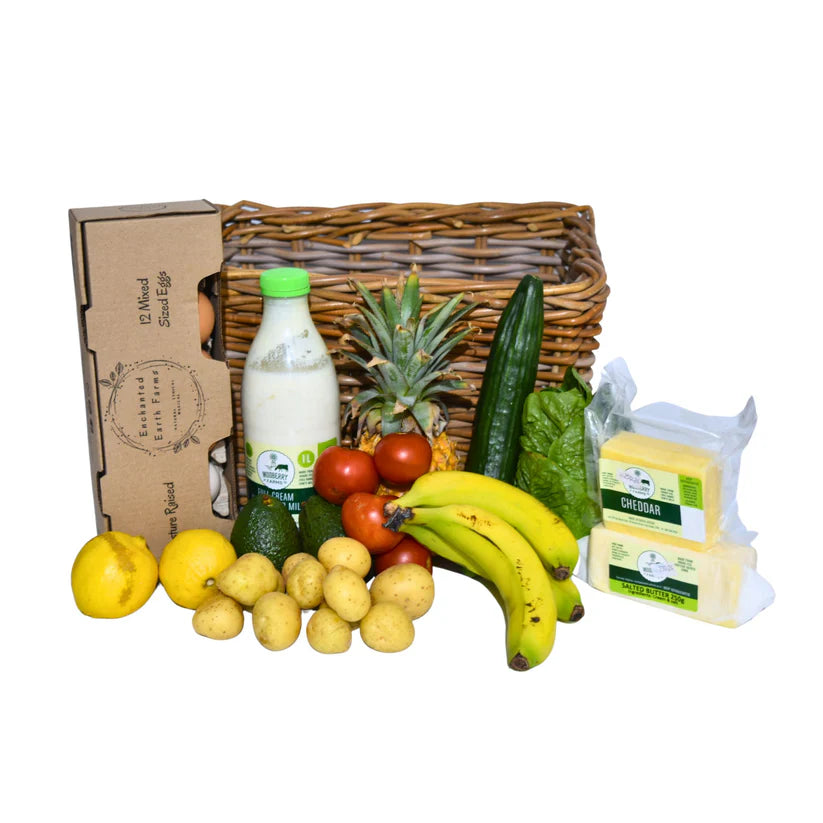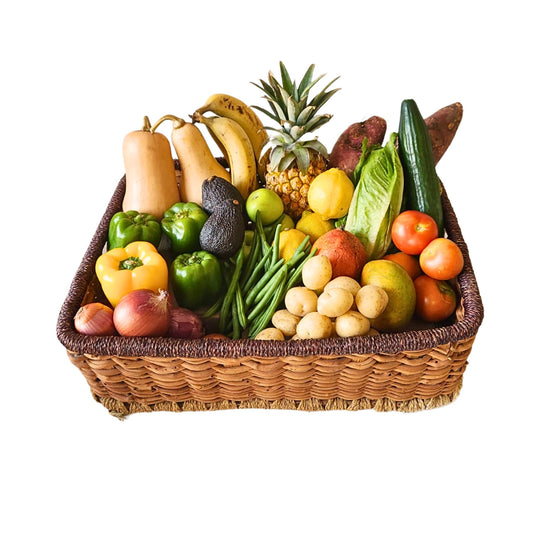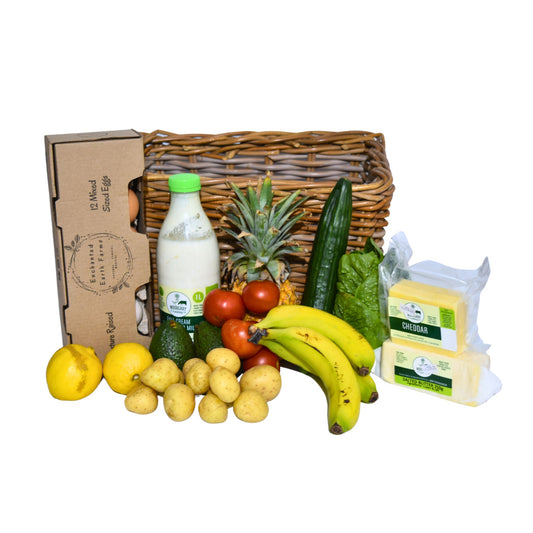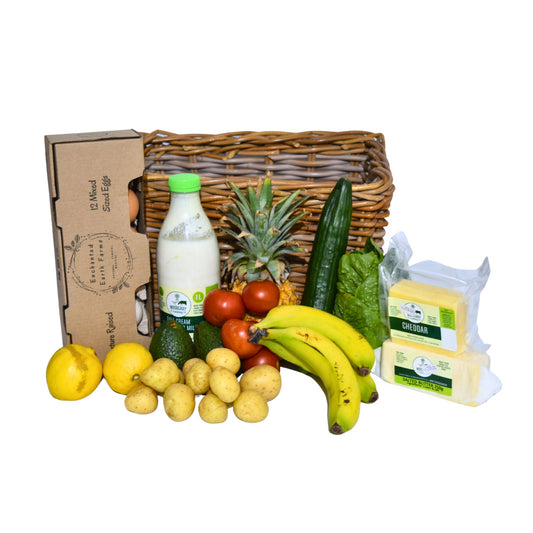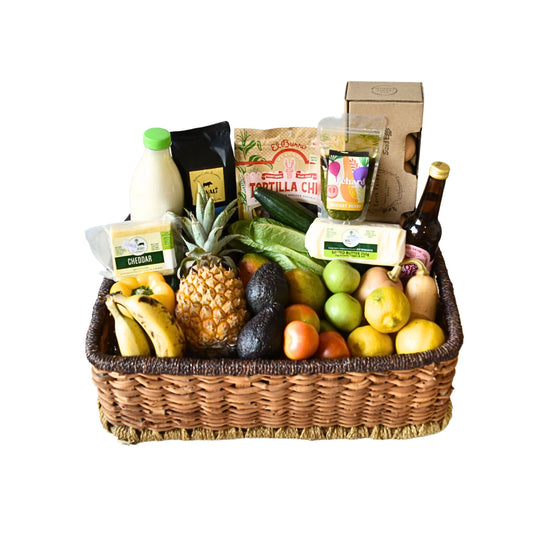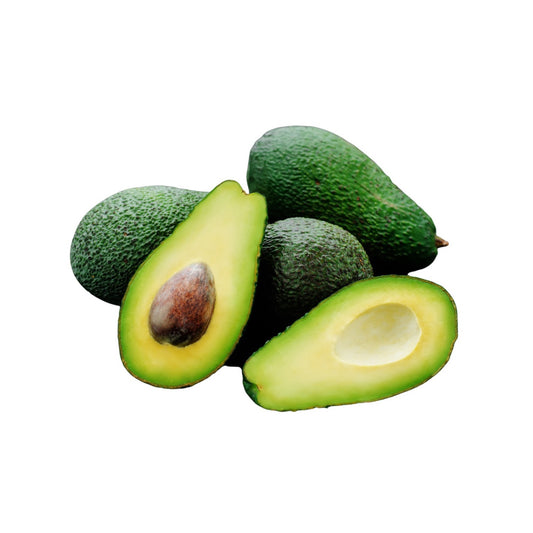Article Summary:
-
Organic food isn’t just hype—it’s about health, farming, and sustainability.
-
Myths around nutrition, affordability, and availability often miss the facts.
-
Choosing organic supports cleaner food, stronger communities, and the planet.
Clearing the air around “organic”
Organic food sparks a lot of debate. Some say it’s overpriced, others claim it’s no different from conventional food, and a few believe it’s just a marketing trend. The truth is far more nuanced—and far more important. Let’s dig into some of the most common myths around organic eating and separate fact from fiction.
Myth 1: Organic food isn’t more nutritious
While some studies suggest that nutrient levels are similar, research consistently shows organic produce contains fewer pesticides and more antioxidants. Organically grown fruits and vegetables also tend to be fresher since they aren’t treated with preservatives to extend shelf life. Nutrition isn’t just about vitamins and minerals—it’s about eating food free from harmful residues, which supports long-term health.
Myth 2: Organic eating is too expensive
Yes, organic products can cost more upfront. But when you factor in reduced healthcare risks from chemical exposure and the environmental benefits, the investment pays off. Plus, planning meals around seasonal produce, buying in bulk, and subscribing to Orchard Food’s weekly grocery boxes make organic eating both affordable and convenient. Cost isn’t just about what’s on your receipt—it’s about the hidden costs of industrial farming that you avoid.
Myth 3: Organic farming can’t feed the world
This myth assumes that industrial farming is the only way to produce enough food. In reality, regenerative and organic farming methods build healthier soil, conserve water, and increase resilience against climate change—all of which support long-term food security. Feeding the world isn’t just about quantity, it’s about quality and sustainability.
Myth 4: Organic is just a marketing gimmick
Organic isn’t a buzzword—it’s a legally regulated standard. To be certified, farms must avoid synthetic pesticides, GMOs, growth hormones, and routine antibiotics. They must follow strict soil and animal welfare practices. At Orchard Food, we work directly with farmers who meet these standards, ensuring transparency and trust.
Myth 5: Organic food doesn’t taste different
Anyone who’s bitten into a sun-ripened organic tomato or apple knows the truth. Organic produce often tastes better because it’s grown in nutrient-rich soil, picked in season, and delivered fresh. Without chemical coatings or artificial ripening agents, you’re tasting food as nature intended—full-flavoured and alive.
Organic eating is more than a label
The myths around organic eating often oversimplify or ignore the bigger picture. Organic isn’t just about nutrition—it’s about health, sustainability, and community. By choosing organic, you’re investing in food that supports your wellbeing, protects the planet, and honours the farmers who grow it. At Orchard Food, we believe that’s not just worth it—it’s essential.


